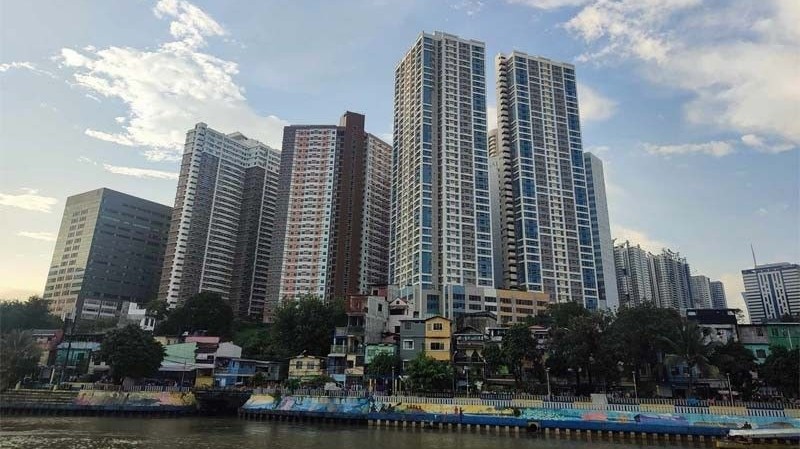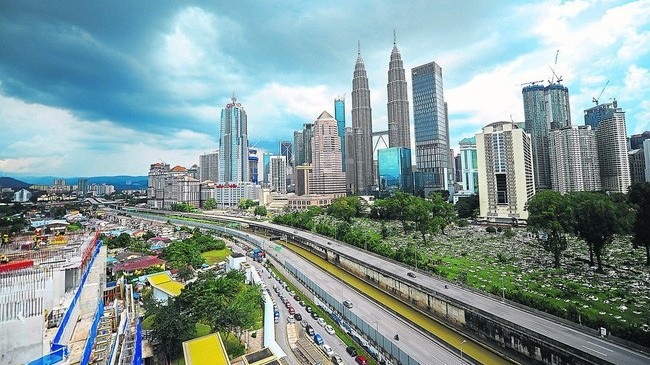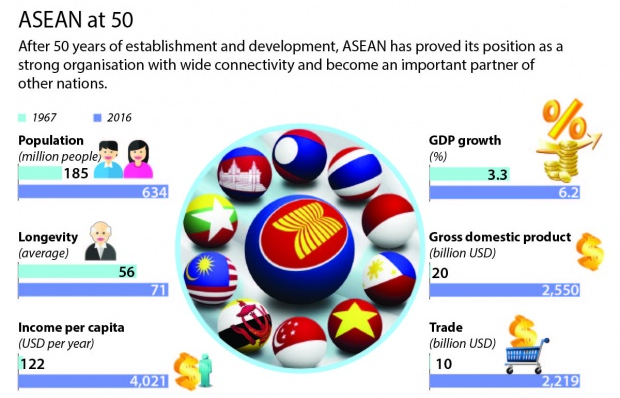
RCEP: Countries stress the pact's significance to the economies
Latest
| TIN LIÊN QUAN | |
| RCEP Agreement signed after years of talks | |
| ASEAN economic power in the new normal | |
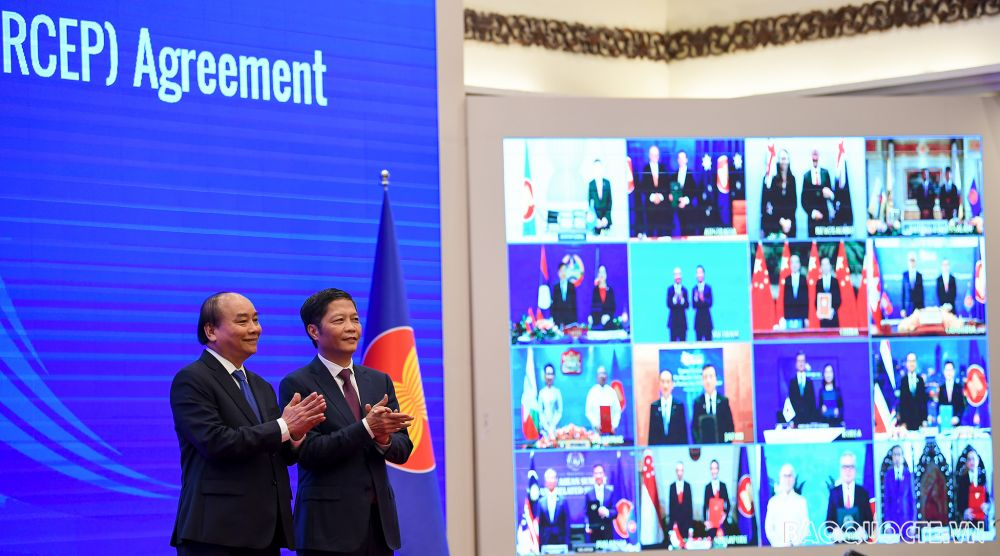 |
| Representatives from 15 countries congratulated the signing of RCEP in Hanoi, November 15th. |
The Republic of Korea (RoK)’s Cheong Wa-dae described the RCEP signing as a “core result” of President Moon Jae-in administration's New Southern Policy aimed at improving strategic ties with Southeast Asian nations and also an opportunity for the RoK to become a "pacesetting" economic power.
The same day, addressing the virtual 4th RCEP Summit hosted by Vietnam, Chinese Premier Li Keqiang said that the inking of the RCEP is not only a breakthrough achievement in East Asia cooperation, but also a victory of multilateralism and free trade.
Dr. Jeffrey Wilson, a Research Director at the Perth US-Asia Centre in Australia, noted that the RCEP will be the most important regional trade agreement ever signed and projected to change the region’s economic and strategic maps.
Meanwhile, Malaysian Prime Minister Muhyiddin Yassin was quoted by the Malaysian News Agency (Bernama) as saying that the RCEP will serve as an important instrument for economic recovery, and will encourage the reopening of markets while ensuring uninterrupted supply chains.
Addressing the 4th RCEP Summit, PM Muhyiddin said the RCEP agreement is critical for the region’s response in tackling the COVID-19 pandemic, which has not only cost lives but has also battered economies. Coupled with the challenges to the global trading system due to regional tensions, it is imperative for ASEAN to continue to sustain competitiveness as a region, the PM stressed.
According to the Malaysian leader, Free Trade Agreements (FTAs) are the way forward to help sustain competitiveness through promotion of international trade, encouraging investments and ensuring supply of talent. As such, the RCEP will be the main vehicle through which regional economic integration within ASEAN and its dialogue partners can be enhanced.
The PM went on to say that it is indeed significant that this partnership has been negotiated based on the different levels of economic development of the 15 participating countries, to ensure a mutually beneficial FTA for all. He is of the view that this is the touchstone for the future growth and vibrancy of the regional economic collaboration.
Malaysia, together with ASEAN and FTA partners, would want to demonstrate to the world that even with varying levels of economic development, 15 countries can come together to create a trade pact that will be mutually beneficial, not only for the business community, but also for the people’s livelihood, the PM noted.
On another note, he said Malaysia recognizes the difficulties India is currently facing, and wishes to express its continuous support and welcome India’s accession to the RCEP in the future.
The RCEP involves 10 members of the Association of Southeast Asian Nations (ASEAN) as well as the RoK, China, Japan, Australia and New Zealand, and their combined gross domestic product accounts for a third of the world's total.
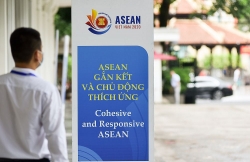
| ASEAN economic power in the new normal ASEAN is increasingly playing a central role in global affairs while showcasing its proactive adaptation to regional and international challenges, including the unprecedented economic adversity ... |
| RCEP countries make "significant" progress in trade talks Ministers from 15 Asia-Pacific countries negotiating the Regional Comprehensive Economic Partnership (RCEP) agreement on August 27 said they have made "significant progress" toward the signing ... |

| Youths confident in Vietnam’s future development: Survey Respondents generally have positive perceptions of Vietnam and are optimistic about the future of their country, according to the British Council’s Next Generation Vietnam survey, ... |




